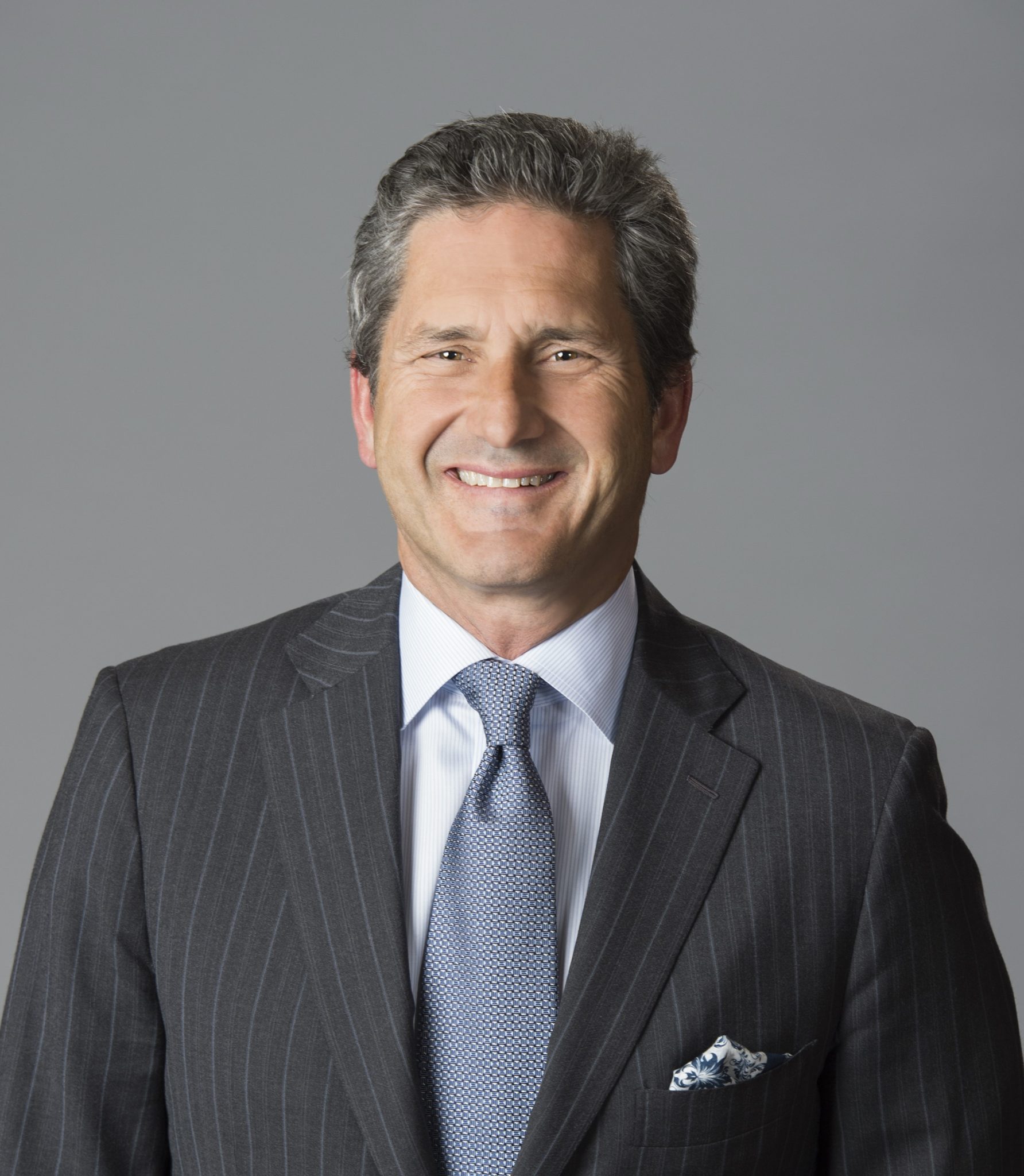
After more than 40 years of operation, DTVE is closing its doors and our website will no longer be updated daily. Thank you for all of your support.
Liberty Global positioning itself for fixed-mobile future, says Fries
Liberty Global’s sale of its German and central European assets and planned sale of its Swiss unit “all make sense” in a market that is moving towards fixed-mobile convergence, but the company nevertheless sees “a lot of runway” to build value from its remaining assets, according to CEO Mike Fries.

Liberty Global CEO, Mike Fries
Speaking at Goldman Sachs Communacopia conference in New York this week, Fries said that the company’s completed and announced deals, with a total value of around US$30 billion, reflected the reality of “a highly converged or converging market” in which Liberty wanted to be a fixed-mobile convergence player with national scale or sell to one.
“This is the way Europe is going and we are just being attuned to that,” he said.
Playing down any notion that Liberty Global might be seeking an exit from the European market, Fries said that the company’s remaining assets – including in this case UPC Switzerland and its Dutch JV with Vodafone – had a total of over 45 million fixed and mobile revenue-generating units and generated US$7 billion in EBITDA.
“We have a lot of work to do to grow these businesses,” he said, adding that there was “still a lot of runway” to “realise great value for shareholders”.
Following what he described as a successful share buyback totalling US$2.7 billion, Fries said that “the next order of business is investing in and turbocharging the markets we operate in”.
Conceding that the markets in which the company operates are “very competitive”, Fries said that Liberty was “making the moves you need to make to drive growth” and would focus on investing in “the core markets we operate in”.
Addressing the company’s flagship operator Virgin Media, Fries said that the company faced “headwinds in the UK – Brexit for starters”.
“We don’t target low-end markets but we didn’t anticipate Brexit, and some people are migrating to lower speeds and discounts,” he said.
He said that consumer confidence was falling, which was having an impact on all players, but said that Virgin was “getting more than [its] fair share of that pie”.
Fries said that Virgin Media’s second half would be “better than the first half” with “modest” RGU growth and lower overall capex offsetting increases in programming costs and taxes.
Fries defended Virgin Media’s record with Project Lightning, its fibre network build-out programme, which he said delivered “incredible returns” despite the need for capital.
He said it was “too soon” to talk about acquiring or merging with a mobile operator in the UK. “Fixed-mobile convergence is not yet a big play in the UK. Everyone is revving their engines but no-one has started the race,” he said.
Answering a question about wholesaling network access to third party players, Fries said that this was something the company was “evaluating”, although he was opposed to governments mandating this, as had happened in Belgium.
“We don’t think cable networks should be opened up by government,” he said. However, he was positive about Vodafone’s deal with Telefónica in Germany and hinted that Virgin Media could strike a deal in the UK.
“The rumour is that we are talking to someone in the UK,” he said, adding that it was “too soon” to say anything further on this.
Fries said that the company’s restructuring and scaling down of its central operations following the completion of the sale of its German and CEE assets to Vodafone was “nothing but a good news story” and that the company was “developing the core products that it needs” to ensure cross-border synergies.
He said that Liberty was now in a position to “monetise a lot of the investment we made in the prior three years” and that operating free cash flow was seeing very strong growth.
Turning to Liberty’s remaining continental European markets, Fries said that the VodafoneZiggo JV in the Netherlands was “making great headway” with fixed-mobile convergence. He said that Liberty was “pleased with the business”, but declined to be drawn on the future of the JV structure beyond saying that there are no plans for an IPO.
Fries also said that it was up to Swiss telco Sunrise to “manage its shareholder base” to see through its agreed acquisition of UPC Switzerland, but that Liberty could also grow that business on its own if the deal fell through.


